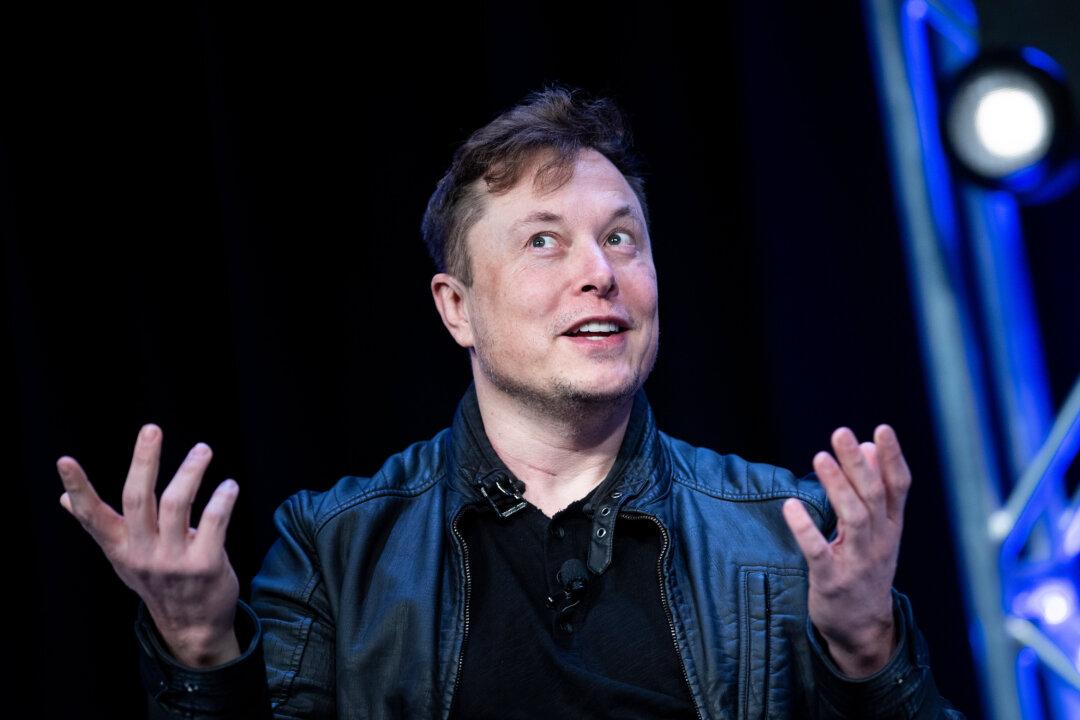Commentary
The richest man in the world has decided to use some of his vast fortune to promote free speech in a real and practical way. Elon Musk has literally put his money where his mouth is.

The richest man in the world has decided to use some of his vast fortune to promote free speech in a real and practical way. Elon Musk has literally put his money where his mouth is.